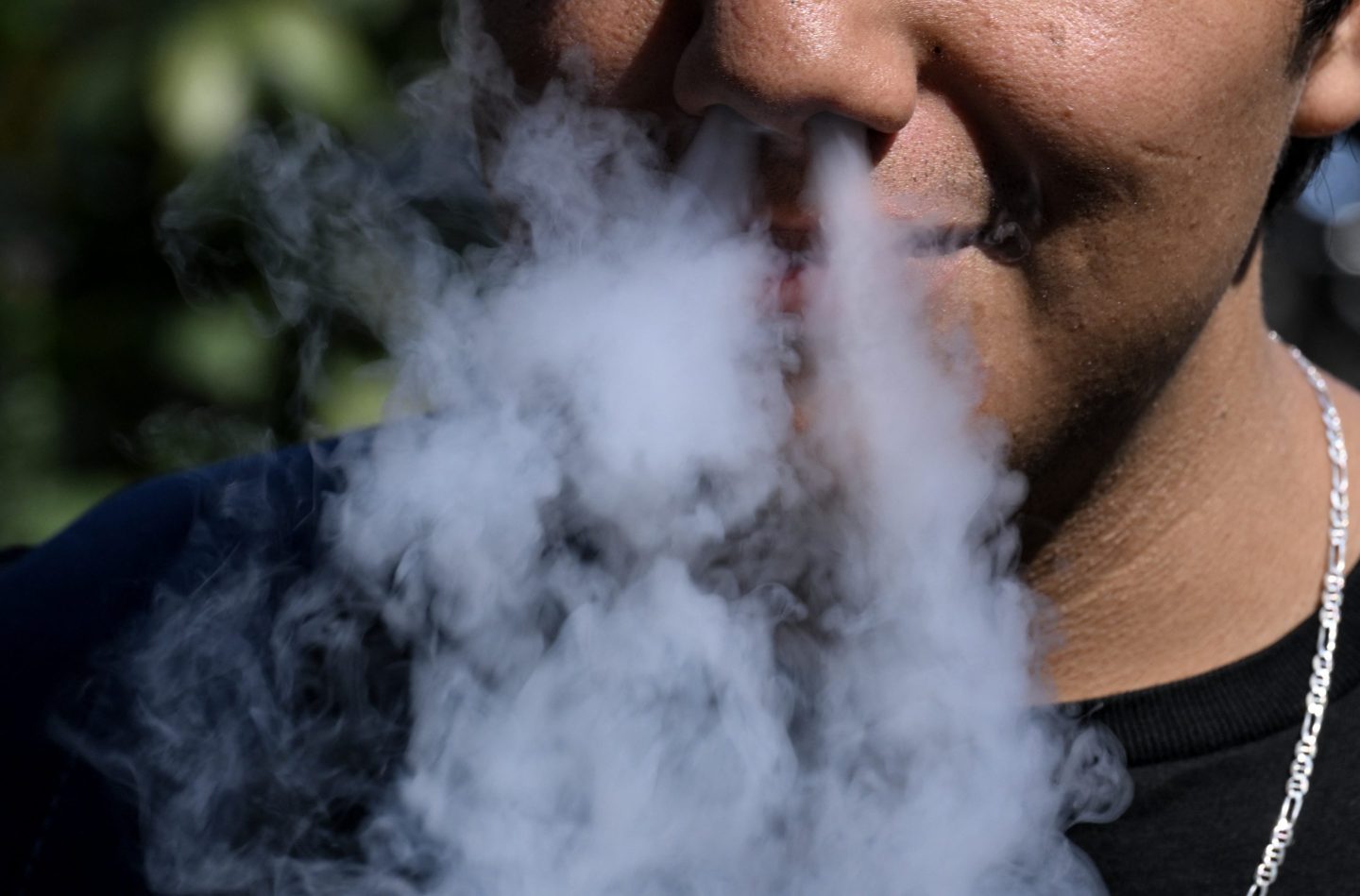All the major banks passed the Federal Reserve’s annual “stress tests” of the financial system, the central bank said Friday, but the test conducted by the central bank was notably less vigorous than it had been in previous years.
All 22 banks tested this year would have remained solvent and above the minimum thresholds to continue to operate, the Fed said, despite absorbing roughly $550 billion in theoretical losses. In the Fed’s scenario, there would be less of a rise in unemployment, less of a severe economic contraction, less of a drop in commercial real estate prices, less of a drop in housing prices, among other metrics compared to what they tested in 2024.
All of these less harmful, but simulated, drops mean there would be less damage to these banks’ balance sheets and less risk of these banks of potentially failing. Since the banks passed the 2024 tests, it was expected that the banks would pass the 2025 tests.
“Large banks remain well capitalized and resilient to a range of severe outcomes,” said Michelle Bowman, the bank’s vice chair for supervision, in a statement. An appointee of President Trump, Bowman became the Fed’s vice chair of supervision earlier this month.
The Fed said it went with a less vigorous test because the global economy has weakened since last year, and therefore the test tends to weaken. Further, the bank said previous tests had shown “unintended volatility” in the results and it plans to seek public and industry comment to adjust stress tests in future years. The Fed also chose to not test the banks as heavily on their exposure to private equity assets, arguing that private equity assets are typically held for the long term and are not typically sold at times of distress.
The Fed also didn’t test for any bank exposure to private credit, a $2 trillion asset class that even Fed researchers themselves have observed to be growing alarmingly quickly. The Federal Reserve Bank of Boston recently pointed out that private credit could be a systemic risk to the financial system under a severe adverse scenario, which is exactly what the stress tests are supposed to test for.
There was no wording or phrasing in the Fed’s press release, reports or methodology about testing or measuring private credit or private debt in this year’s test. The Fed did do what it calls an “exploratory analysis” of the private credit market, which concluded the major banks were “generally well-positioned” to withstand losses in the private credit market. That analysis was entirely separate and not part of this year’s test.
The Fed’s “stress tests” were created after the 2008 financial crisis as a way to gauge whether the nation’s “too big to fail” banks could withstand another financial crisis like the once that happened nearly 20 years ago. The tests are effectively an academic exercise, where the Fed simulates a scenario in the global economy and measures what that scenario would do to bank balance sheets.
The 22 banks that are tested are the biggest names in the business, such as JPMorgan Chase, Citigroup, Bank of America, Morgan Stanley and Goldman Sachs, which hold hundreds of billions of dollars in assets and have wide-ranging businesses that touch every part of the U.S. And global economy.
Under this year’s hypothetical scenario, a major global recession would have caused a 30% decline in commercial real estate prices and a 33% decline in housing prices. The unemployment rate would rise to 10% and stock prices would fall 50%. In 2024, the hypothetical scenario was a 40% decline in commercial real estate prices, a 55% decline in stock prices and a 36% decline in housing prices.
With their passing grades, the major banks will be allowed to issue dividends to shareholders and buy back shares of stock to return proceeds to investors. Those dividend plans will be announced next week.












